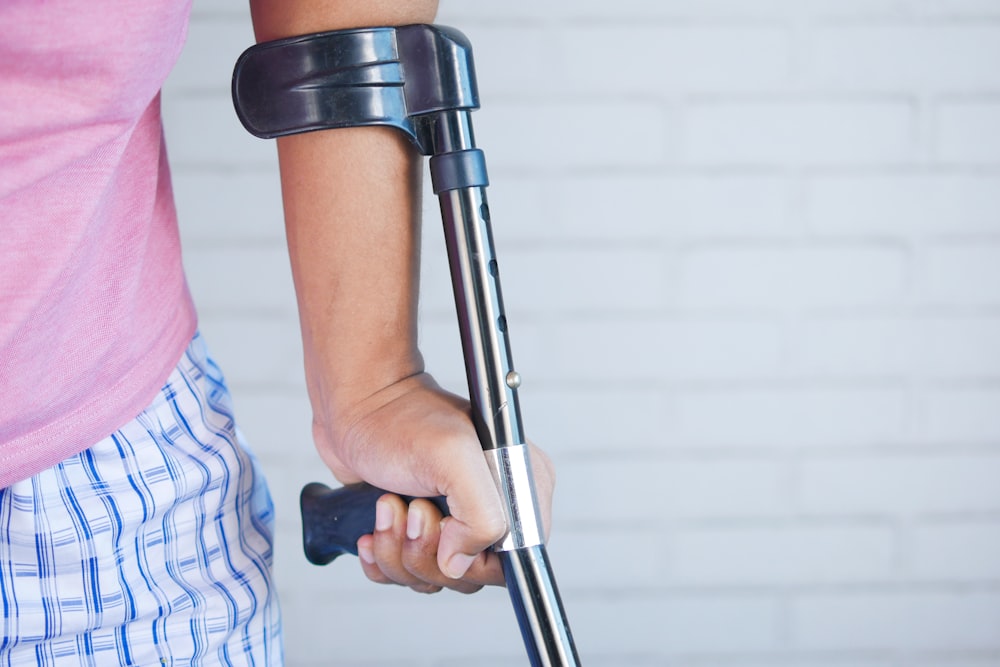Many people only have a basic understanding of personal injuries and their impact. It’s crucial to fully grasp what personal injuries entail and their legal implications. Whether injured in a car accident, at work, or from slipping and falling, understanding your rights and how to protect them is vital. This blog post will offer a clear overview of personal injuries and their legal aspects.
Hiring a Personal Injury Lawyer: Why It’s Important
Hiring a personal injury lawyer is important when dealing with the aftermath of an accident or injury. These legal professionals specialize in representing individuals who have been physically, emotionally, or financially harmed due to someone else’s negligence. For example, if you’re from the area, consider hiring a personal injury attorney in Belleville, IL as they will have experience and knowledge of the local laws and regulations. With their expertise, you can navigate the complex legal system and ensure that your rights are protected and you receive fair compensation for your injuries. A personal injury lawyer will also handle all communication with insurance companies and other parties involved, allowing you to focus on your recovery.
Common Types of Personal Injuries
Personal injuries can occur in a variety of situations and have varying degrees of severity. Some common types of personal injuries include car accidents, workplace accidents, slip-and-fall incidents, medical malpractice, product liability, and assault. These injuries can range from minor cuts and bruises to severe physical trauma and even death. Seek medical attention immediately after an accident or injury to document any injuries and receive proper treatment. Consult a personal injury lawyer to understand your legal options and ensure that you are adequately compensated for your damages.
The Legal Process for Personal Injury Claims
The legal process for personal injury claims can be complex and overwhelming, especially for someone dealing with injuries. After seeking medical attention, the first step in a personal injury claim is to gather evidence and documentation of the accident or incident. This may include medical records, police reports, witness statements, and photographs. Next, your personal injury lawyer will help you file a claim with the responsible party’s insurance company. If a fair settlement cannot be reached, your lawyer may advise taking the case to court. During this time, your lawyer will handle all legal proceedings and negotiations on your behalf while you focus on recovering from your injuries.

Factors That Determine Compensation in Personal Injury Cases
Compensation in personal injury cases can vary greatly depending on various factors. These may include the severity and extent of your injuries, the impact of the injuries on your daily life and ability to work, and any ongoing medical treatment or rehabilitation needed. Compensation may also take into account any lost wages or future earning potential due to the injury, as well as emotional distress and pain and suffering. A personal injury lawyer will assess all these factors and help you understand what a fair amount of compensation would be in your specific case. They can also negotiate with insurance companies to ensure that you receive the maximum compensation possible for your injuries.
Understanding Negligence and Fault in Personal Injury Cases
Negligence refers to a failure to exercise reasonable care, resulting in harm or injury to another person. To win a personal injury case, your lawyer must prove that the responsible party acted negligently and that their actions directly caused your injuries. This can be done by showing that the responsible party had a duty of care, breached that duty, and caused your injuries. Fault can also be shared among multiple parties in some cases, which can impact the amount of compensation awarded. Your personal injury lawyer will thoroughly investigate the circumstances surrounding your case to determine negligence and fault and build a strong argument on your behalf.
Steps to Take After Suffering a Personal Injury
If you’ve suffered a personal injury, take steps to protect your rights and secure fair compensation. First, seek medical help immediately, even for minor injuries, to document them and get proper treatment. Then, collect evidence like photos of the scene and injuries, witness statements, and relevant documents. Only discuss the incident with your personal injury lawyer to prevent your words from being used against you. Your lawyer will help you file a claim and guide you through the legal process, protecting your rights. Focus on your health and trust your lawyer to manage the legal details of your case.
Understanding personal injuries and their legal implications is important for anyone who has been injured due to someone else’s negligence. Seek medical attention immediately after an accident or injury, gather evidence, and consult a personal injury lawyer to understand your legal options. With their help, you can seek justice and move forward from your injury with confidence.
Published by HOLR Magazine.



